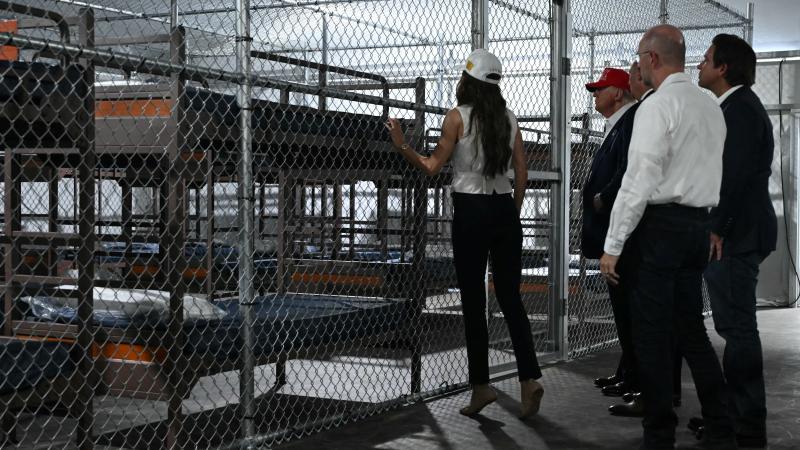Illinois ranked choice voting task force hears about possible complications
Only two states in the country, Alaska and Maine, use ranked choice voting for their elections, but some states have moved to ban the voting method.
An Illinois task force investigating a possible switch to ranked choice voting in elections was presented with a number of complications with the change.
In a ranked choice system, the voter ranks the candidates from favorite to least favorite. If one candidate has more than half of the first place votes, the election is over and that candidate wins. If not, then the candidate with the least votes is eliminated and that candidate's voters are moved to their second choice.
“In places that have used ranked choice voting, people tend to like it,” said Deb Otis, director of research with the organization FairVote. “They say they prefer it to the prior method of voting and they want to keep it.”
Only two states in the country, Alaska and Maine, use ranked choice voting for their elections, but some states have moved to ban the voting method.
Tazewell County Clerk John Ackerman said the notion that voting equipment could handle a ranked choice voting election by simply downloading new software is unlikely.
“Our county clerks that have investigated this are saying that is not the case and millions of dollars of new equipment is going to need to be bought in,” said Ackerman.
Edmund Michalowski, deputy clerk of elections in Cook County, said the move to ranked choice voting would be a major undertaking.
“When you think of the Chicago Board of Elections and the Cook County Clerk’s Office, we’re talking about 20,000 election workers that will have to be trained,” said Michalowski. “That’s no small step.”
Advocates also say ranked choice voting can replace costly and complicated runoff voting systems.
Boone County Clerk Meg Sybert said if it isn’t broken, then why fix it?
“In 2020, we had the systems in place to handle vote by mail, early vote, all of that, we have been progressive in that,” Sybert said. “In this instance, I’m not seeing what the problem is we’re trying to fix with this.”
The task force plans to meet again before reporting its recommendations to the Illinois General Assembly.














